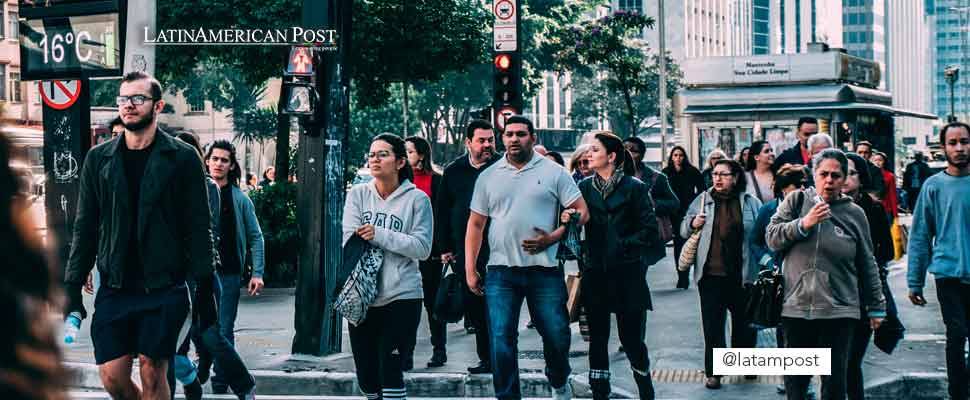Did you Know that you Could be Immune to COVID-19 Without a Vaccine? Here We Tell you Why
New study shows that people who have been exposed to influenza and cytomegalovirus would have immunity against coronavirus without being vaccinated or infected.

Throughout the pandemic, there has been speculation about people who may have some type of immunity against COVID-19. Photo: Pexels
LatinAmerican Post | Brandon Martínez Salazar
Listen to this article
Leer en español: ¿Sabías que podrías ser inmune al COVID-19 sin vacuna? Acá te contamos por qué
Throughout the pandemic, there has been speculation about people who may have some type of immunity against COVID-19 . Although it is not entirely clear how this happens or the type of population that manages to block the virus, the truth is that there is already an explanation about how a small group has become immune from having been exposed to other infections.
The article, which was published in the journal Scientific Reports of Nature Research, demonstrates how some people who have not got the new Coronavirus and have not received any of the anticovid vaccines have their own T-cell immunity to fight SARS-CoV-2 .
Immunodominant T-cell epitopes from the SARS-CoV-2 spike antigen reveal robust pre-existing T-cell immunity in unexposed individualshttps://t.co/q3XtojP3M3
— Covid Science & Insights (@science_covid) July 5, 2021
According to the research, which was carried out by a group of international researchers from the United States and India at the MedGenome Institute, the reason for this is because the people studied had been exposed to influenza and cytomegalovirus , for therefore, SARS-CoV-2 reactive T cells would be present in these organisms.
However, other articles published in different media had already mentioned the possibility that there would be a very specific niche in the population with immune cells capable of recognizing COVID-19 . This is very important because finding human beings with the ability to deal with the virus without problem allows more precise solutions to end the pandemic.
However, this group of human beings who have T cells due to other infections that do not allow the entry of the coronavirus or prevent severe affectations joins those already vaccinated or those who have overcome the disease such as the immune population.
Also read: Should we Delay COVID-19 Vaccination in Children?
Previous study: can some bodies recognize the Coronavirus?
“About half of the people who had never been exposed to SARS-Cov-2 had some T-cell reactivity, ” says Alessandro Sette, co-author of a previous study developed by the Center for Research on Vaccines and Infectious Diseases at the Institute of Infectious Diseases and Vaccines La Jolla Immunology, United States. Which in other words means that a select group of people has the advantage of recognizing the coronavirus and, therefore, fighting the infection effectively.
This allowed the MedGenome Institute to carry out further research on this topic and as a result it was found that those who were exposed to influenza and cytomegalovirus are carriers of defender cells that block SARS-CoV-2 in the body.
What are defender cells and how do they act?
They are known as T cells and their main function is to mitigate the spread of COVID-19 , attacking and destroying the other infected cells to provide immunity against the virus. In short, these cells do not prevent contagion since they are activated only when a foreign organism has entered the body . However, they are essential to eradicate the infections that occur.
According to the virologist María Fernández Gutiérrez from the Pontificia Universidad Javeriana de Colombia, this protection occurs when the body has faced another pathogen that is not the same, but has characteristics similar to SARS-CoV-2, which would explain in Part as the population studied has achieved immunity without having had coronavirus, but if it has been exposed to similar infections.




